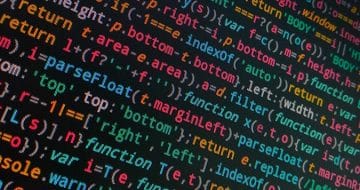Four-year fellowship will explore use of AI in legal sector

Mishcon de Reya is hoping to accelerate the use of artificial intelligence (AI) in the legal sector through a deal with one of London’s leading universities.
The firm has teamed up with UCL’s computer science department to fund a new four-year PhD focusing on natural language processing and possible applications for the legal sector.
The inaugural receipt of the Mishcon fellowship is Yao Lu, a University of Waterloo (Canada, not London) science graduate who will work with the UK Research and Innovation (UKRI) Centre for Doctoral Training in Foundational AI at UCL.
Mishcon says the research will play a key role in its mission to expand the use of AI and other technologies in understanding legal reasoning, delivering legal services and improving access to justice and legal information.
This includes how data is collected, interpreted and used to support the practice of law, across areas as diverse as AI and machine learning, distributed systems and graph databases.
Lu’s first research paper explores the use of large language models — machine learning algorithms that can recognise, predict, and generate human languages on the basis of very large text-based data sets — and how to adapt their behaviour by altering the structure of prompts for pre-trained models.
His first paper has been accepted as part of the 60th Annual Meeting of the Association for Computational Linguistics, to be held in Dublin in May 2022.
Dr Alastair Moore, head of analytics and machine learning at Mishcon, said:
“We are excited to support this fellowship and congratulate Yao on this first paper. This research is an important stepping stone in maximising the potential of technologies like AI to overcome challenges in how the legal sector currently operates. We also hope it will eventually help to remove barriers to open up legal knowledge and access to justice.”
News of the funding comes less than a week after a House of Lords committee recommended a national body be established to set strict scientific and quality standards on the use of AI in the justice system.
The recommendation came after the Justice and Home Affairs Committee uncovered what it described as “a new Wild West”, in which new technologies were developing at a pace that public awareness, government and legislation had not kept up with.
For the latest news, commercial awareness insight, careers advice and events:
Sign up to the Legal Cheek Newsletter

